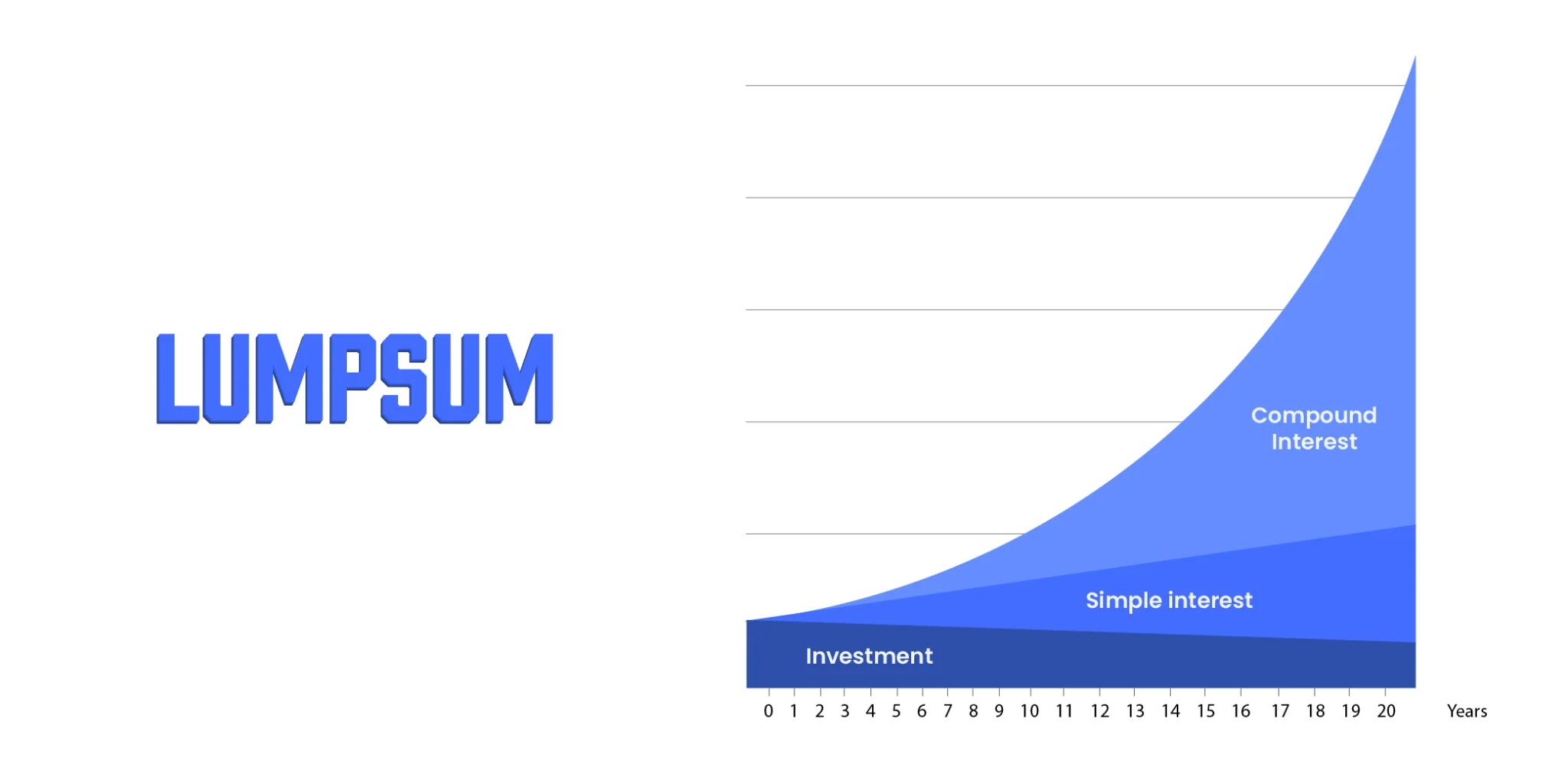We diversify our investment portfolios among various types of securities. If we have equity funds at the high-risk, high-return end of the spectrum, money market funds are at the low-risk, stable-return end.
They are a type of debt mutual fund that has a fixed maturity date and interest rate that investors can earn until that date, making it ideal for relatively risk-averse people.
In this article, we will highlight the key features and benefits of money market funds so that we may take an informed decision about investing in them.
What Are Money Market Funds?
A money market fund is a mutual fund that invests in short-maturity debt that offers high liquidity and low credit risk. These are good investments for risk-averse investors with a low-risk aptitude.
Money market funds invest insecure debt securities. When we invest in money market funds, we invest in underlying instruments which have a maturity period of less than one year and receive a stable interest yield.
Types of Money Market Funds in India
The underlying investments in which money market funds invest consist of high-quality, short-term securities. They are:
| Underlying instrument | Description |
| Commercial Paper | This is a short-term, unsecured debt issued by companies to finance their working capital requirements. |
| Certificates of Deposit | This is based on an agreement between an investor and the bank where the investor places a lump sum amount in deposit with the bank for a defined interest rate for a specified period |
| Treasury Bills | These are short-term debt securities issued by the Government of India with a maturity of less than one year |
| Banker’s Acceptance | This is a negotiable instrument issued by the bank which functions like a cheque issued by the banker |
| Commercial Bills | This is a bill of exchange issued by corporates for credit transactions |
| Repurchase Agreements | This is a short-term borrowing mainly in government securities. |
Benefits of Money Market Mutual Funds
The advantages of investing in money market funds are:
- High return on investment: Money market funds offer a higher rate of return compared to bank deposits, especially in shorter tenures. They offer a competitive rate of return for durations less than one year.
- Safety of Principal: Money market funds have high-grade, short-term debt, especially in shorter tenures. For instance, the treasury bills of the government are virtually free of default risk. As these funds have low credit risk, they are safer to invest in for the short term.
- Liquid Investment: Money market funds pay regular interest to investors. We can also easily liquidate these investments whenever we are in financial need. We can exit such investments at the net asset value (NAV) of the fund. Please remember that the NAV of the fund reduces after every interest payment.
- Optimal place for short-term liquidity: Money market funds offer us maximum flexibility in terms of investment. Whenever we have short-term liquid funds, we can easily invest in these funds and withdraw our investments when we identify more profitable opportunities.
- Diversification potential: Money market funds enable us to diversify our investment portfolio with low-risk assets that are uncorrelated to stock market fluctuations.
- Low-risk profile: The chief risks like interest rate risk and credit risk are minimised when we invest in money market mutual funds. The underlying portfolio is constantly churned when the investments get mature. They can be reinvested in higher interest-yielding investments due to their short duration. So we do not have any disadvantage when market interest rates rise. Most of the investments are high-grade investments. This minimises credit risk-related defaults. However, money market funds are not immune to risk during high inflation. The actual yield on money market funds is measured as nominal yield, inflation rate may result in a lower real yield which may reduce returns.
Let us say that the yield of the money market fund is 7% p.a. and the inflation rate is 4% p. a. Our real yield will be 7% -4% = 3% p.a.
How to Choose the Best Money Market Funds
We can analyze the performance of money market funds in India based on the following parameters:
- Composition of the fund: The combination of the right instruments will enable the fund manager to create the right investment strategy to optimize the returns and the NAV of the fund.
- The maturity profile of the underlying instruments: This will help us analyze the duration and the diversification among different instruments. It also helps minimize the risk of the fund.
- The credit quality of the underlying instruments: This will enable us to prevent any risk to our capital invested in the fund due to defaults by the issuers of the underlying securities. Normally, this risk is very low in money market funds.
- Return performance: Looking at the historical yield of the money market fund will help gauge the return potential of the fund.
- Scheme track record: This will enable us to understand how consistent the performance of the fund has been over the past.
- Fund house reputation: It is better to select a money market fund from a fund house that has large assets under management. This will assure us about the credibility and reputation of the fund house.
- The funds we select should also align with our investment goals and our risk-return profiles. After we buy the investment, we should consistently track the performance of the fund and also factor in the taxation implication.
Details of Money Market Funds
Here’s a detailed look at some money market funds:
| Fund | NAV (INR) | Net Assets (Rs Crores) | Return performance | ||
| 1 month (%) | 3 months (%) | 1 year (%) | |||
| Aditya Birla Sun Life Money Manager Fund (Growth) | 240.4 | 6,905 | 0.59 | 1.93 | 7.29 |
| UTI Money Market fund (Growth) | 4803.47 | 2,951 | 0.58 | 1.92 | 7.18 |
| ICICI Prudential Money Market Fund Growth | 248.803 | 6,304 | 0.53 | 1.84 | 7.09 |
| Kotak Money Market Scheme | 2,593.593 | 5,615 | 0.56 | 1.85 | 7.08 |
| L&T Money Market Scheme | 17.78 | 1,353 | 0.49 | 1.73 | 6.79 |
(Please note that the table gives a general idea about the money market schemes in India, their assets under management and comparative returns. It is not an investment recommendation.)
Conclusion
Three categories of investors can use money market funds for their investments: risk-averse investors, investors looking for a high-yield opportunity in liquid funds, and investors who require a regular cash flow. We can invest in money market funds using both online platforms and offline modes.
If we are risk-averse investors looking for a safe investment option for the short term, we will not be wrong in choosing money market funds.
They offer competitive yields compared to savings accounts and fixed deposits with banks. We can liquidate our investment when we are in financial need. We don’t have this flexibility with fixed deposits.
As we mentioned before, money market funds can also be used as a temporary parking place for funds when we liquidate some investments.
We may want to wait before we reinvest in other high-yielding investments. This way, we avoid any opportunity costs which may arise due to not investing the funds. We also get the benefit of a higher yield.
To get a regular return for earning regular cash flows, we can invest in money market funds as they offer a suitable alternative. Sign up with Koshex to get personalized suggestions about money market funds based on your preferences and financial needs.
FAQs
Q. What do money market funds invest in?
A. Money market funds invest in short-term, low-risk investments that have a maturity period of less than one year.
Q. When is it a good time to invest in money market funds?
A. The best time to invest in money market funds is when there is high inflation and a bear market in the equity markets. During inflationary periods, market interest rates rise, which means yields on money market funds also rise.









Leave a Comment